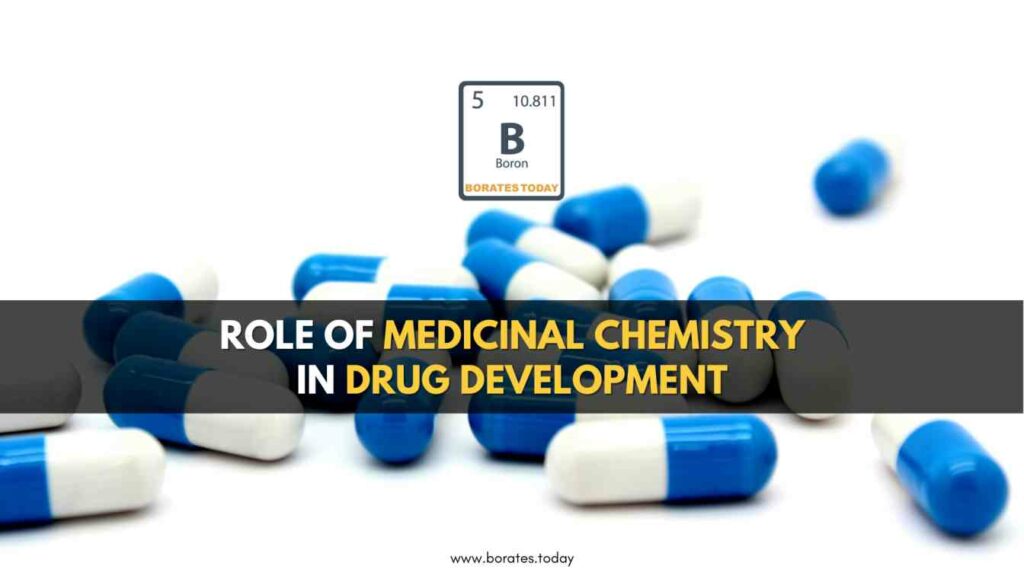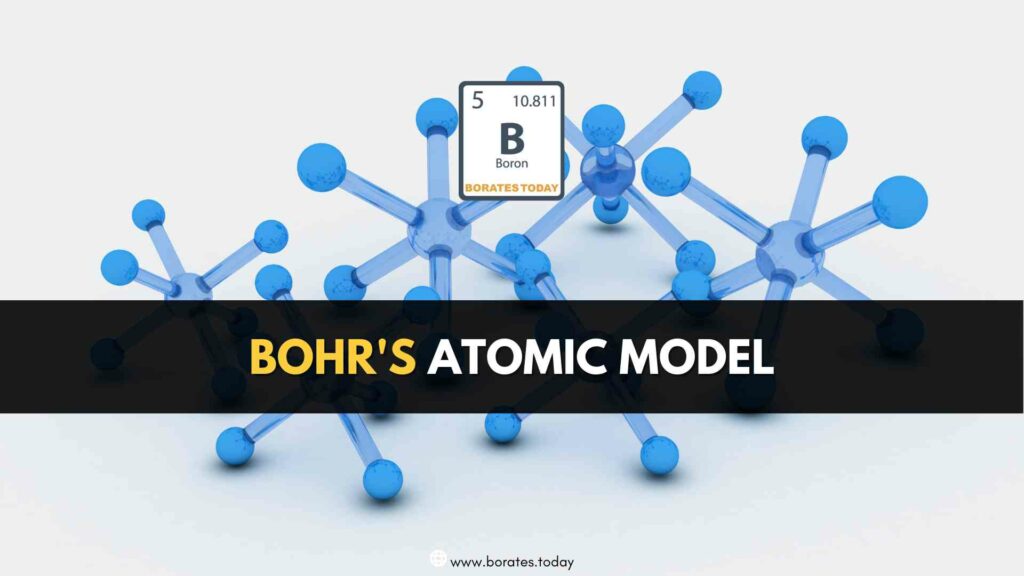Citrus fruits are an important part of many diets around the world. They are high in vitamin C and other nutrients. They are made into juices, used in recipes as a garnish, and added to salads.
Citrus fruits benefit from adequate boron uptake via the soil with healthy fruit growth resulting in consistent fruit yield and quality. The climate and soil combinations where the best quality citrus is produced in large quantities are in countries like Brazil, China, and Japan.
Boron’s role in flower initiation, pollen germination, N-metabolism, hormonal influences, and Ca maintenance is well-known. It is a vital nutrient as a non-ionized atom in soil solution, and plant roots acquire this as boric acid.
Boron, when acquired, is silently distributed to various plant organs via the transpiration stream.
What Happens When Citrus Fruits Do Not Have Enough Boron?
Citrus trees are more often found to be growing in imbalanced soil. Boron deficiency is becoming more challenging with the increasing presence of over-acidic and over-alkaline soils. Extensive deficiency (39-68%) is observed in red and lateritic soils and leached acidic soils within the hot semi-arid eco-region. Deficiency also occurs in alluvium-derived soils and highly calcareous soils within the hot subhumid ecoregion.
And also, in brown and red hill soils in the warm, humid ecoregion, Citrus plants growing in these soils need fertilizers containing boron, but there is a time lag before nutrients make their way into the citrus plants. It can take between 4-5 years for budded plants to get adequate nutrition and 8-9 years for plants.
What Techniques are Commonly Used to Detect Citrus Trees?
Boron deficiency is determined through fruit analysis, leaf analysis, soil analysis, and biochemical markers. In fruit analysis, fruits are distorted, the peel is rough and thick, and the pulp often has brown spots. In leaf analysis, four factors are considered: Metabolic activities, nutrient variations, developmental, and growth stages.
Soil analysis identifies soil conditions that may be deficient in boron, such as acidic soils, alkaline soils, laterite soils, and peat soils. Finally, biochemical markers link boron deficiency symptoms to polyphenolic compound accumulation and interaction with cell wall synthesis.
Citrus Fruits are highly boron sensitive, and correct application of boron can result in significant yield improvement. The number of citrus fruits per tree increases as the fruit drop is reduced and fruit weight increases. Boron also directly impacts fruit quality by escalating sugar content. And can also boost the vitamin C content of fruit.





